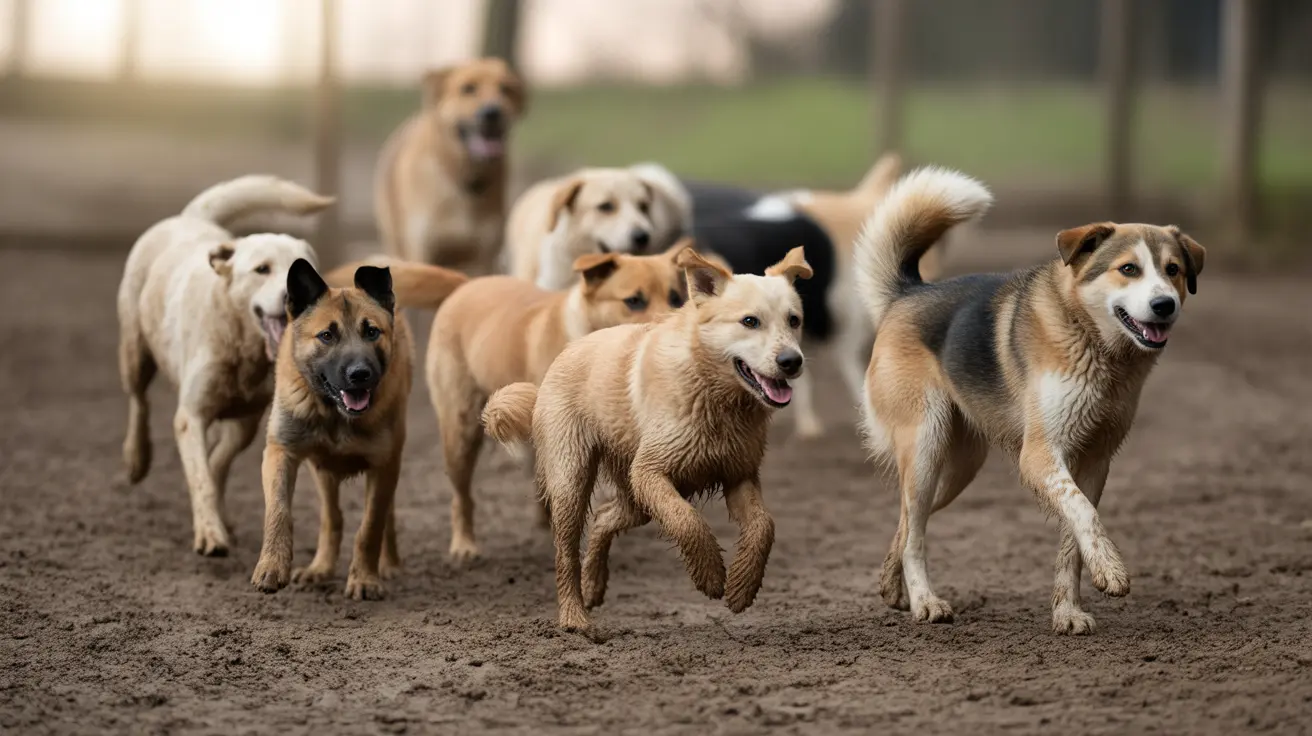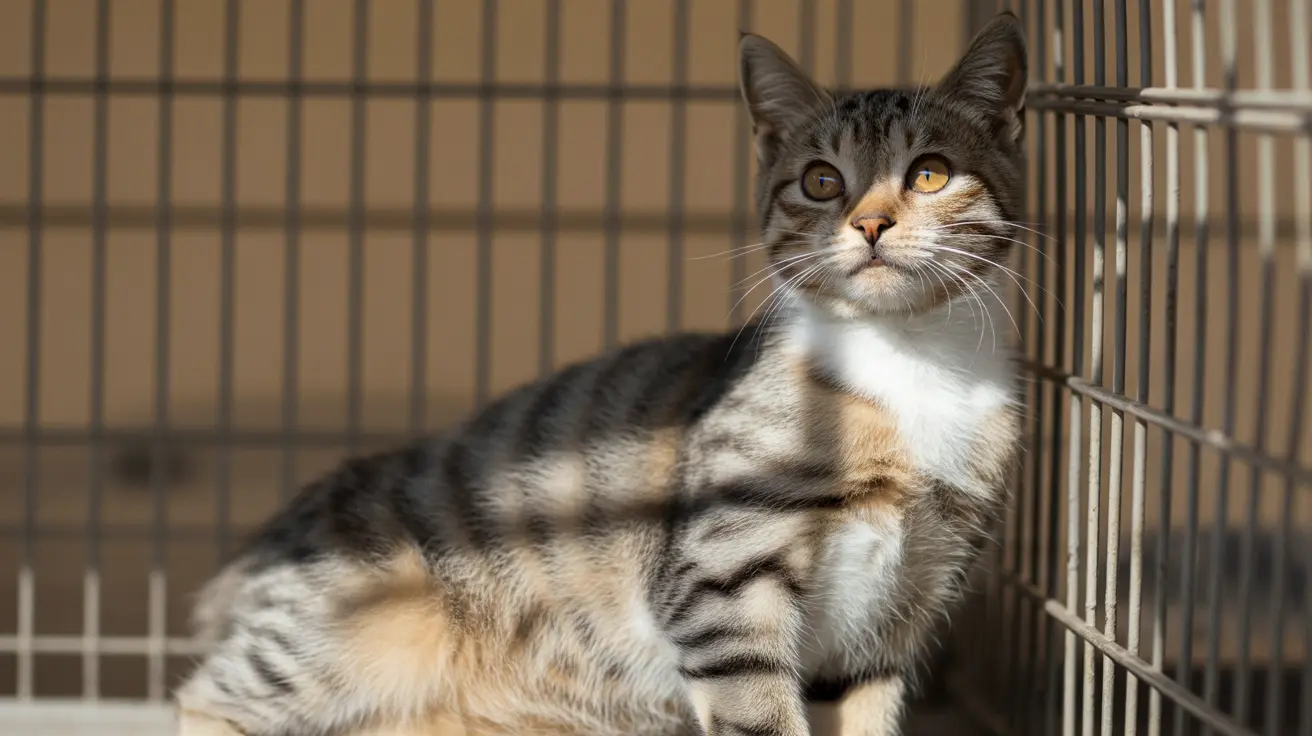Understanding Why Your Dog Is Peeing Inside
If your previously house-trained dog suddenly starts peeing indoors, it can be frustrating and concerning. There are several possible reasons for this change in behavior, ranging from medical conditions to emotional triggers. Let's explore the most common causes and what you can do about them.
Medical Causes of Indoor Urination
One of the first things to consider when your dog starts having accidents inside is whether there's an underlying health problem. Dogs may urinate indoors because of:
- Urinary tract infections (UTIs): These can cause increased urgency and frequency.
- Bladder or kidney disease: Both can lead to more frequent urination or loss of control.
- Diabetes: Increased thirst and urination are common symptoms.
- Incontinence: Especially in older dogs or spayed females, involuntary leakage may occur.
- Bladder stones: These may cause discomfort, blood in urine, and accidents.
- Arthritis or mobility issues: Older pets might struggle to get outside in time.
If your dog was reliable but now has accidents, especially with other symptoms like lethargy, increased drinking, decreased appetite, vomiting, or blood in the urine, see your veterinarian promptly. Diagnosis may involve a physical exam, urinalysis, bloodwork, and sometimes imaging to check for infection or disease.
Behavioral Reasons for Accidents Indoors
If medical issues are ruled out, behavioral factors could be at play. Dogs are sensitive creatures whose routines and environments affect them deeply. Common behavioral reasons include:
- Anxiety or stress: Changes like moving house, new pets or family members can trigger accidents.
- Lack of training or setbacks: Sometimes training needs reinforcement, especially after disruptions.
- Overexcitement: Young or sensitive dogs may pee when excited during greetings or playtime.
- Territorial marking: Unneutered males often mark in response to new smells or animals; this can become habitual if not addressed early.
- Cognitive decline (canine dementia): Senior dogs might forget their training as they age.
Noisy events (like fireworks), bad weather that discourages outdoor trips, or changes in your schedule can also contribute. If your dog feels insecure about going outside due to loud noises or physical discomfort from arthritis, they might opt for the nearest spot indoors instead.
Troubleshooting: What Should You Do?
- Observe closely: Note any additional symptoms that could indicate illness—these require prompt veterinary care.
- If healthy, revisit training: Take your dog outside more frequently—after meals, drinks, and waking up—and reward them for going in the right place. Consistency is key!
- Avoid punishment: Scolding increases anxiety and often worsens the problem. Instead use positive reinforcement when they eliminate outdoors.
- Treat indoor spots thoroughly: Use enzymatic cleaners to remove all traces of urine odor so your dog isn't tempted to go there again.
- ID stressors and minimize them: If you suspect anxiety triggers (like a new pet), try to introduce changes gradually and provide a calm environment. For noise-sensitive dogs, create a safe space during storms or fireworks.
Treatment Options for Special Cases
If your dog is unneutered and marking territory becomes an issue, neutering may help but won't always solve deeply ingrained behaviors. For senior dogs with cognitive decline or nerve control loss leading to incontinence, medications and management strategies exist—talk with your vet about options tailored to your dog's needs. You might also need to adjust schedules for more frequent bathroom breaks and maintain consistent routines as much as possible.
The Bottom Line
A sudden change in urination habits should always start with a health checkup. If no medical cause is found, focus on gentle retraining and addressing any environmental factors causing stress. With patience and consistency—and sometimes professional help—most dogs return to their reliable habits over time.





